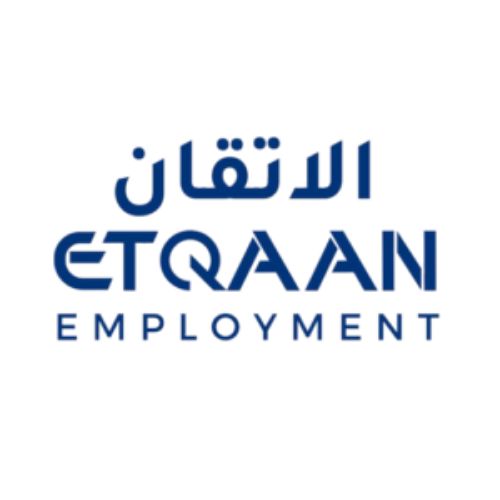
In today’s digitally-driven healthcare landscape, ensuring patient data security is more critical than ever. Healthcare providers are increasingly reliant on technology to manage Electronic Health Records (EHRs), communicate with patients, and deliver care. Amid this shift, the healthcare help desk plays a pivotal role—not just in resolving technical issues but also in maintaining regulatory compliance, particularly with the Health Insurance Portability and Accountability Act (HIPAA).
HIPAA compliance is not optional. Violations can result in hefty fines, legal action, and reputational damage. So, how exactly does healthcare help desk support contribute to maintaining HIPAA standards? Let’s explore the essential ways a robust help desk ensures compliance and safeguards sensitive patient data.
1. Strict Access Controls and User Authentication
One of the key requirements of HIPAA is restricting access to Protected Health Information (PHI). A healthcare help desk implements strict access controls, ensuring that only authorized personnel can access sensitive systems and data. Support teams enforce role-based access and multi-factor authentication to prevent unauthorized users from compromising patient data.
2. Secure Communication Channels
Help desk support teams frequently communicate with healthcare staff about technical issues, password resets, and software access. These communications must be secure. HIPAA-compliant help desks use encrypted email, secure messaging platforms, and controlled remote support tools to ensure that PHI is never exposed during interactions.
3. Comprehensive Training and Awareness
Compliance starts with awareness. Help desk professionals who serve healthcare clients receive extensive HIPAA training. They are educated on what constitutes PHI, how to handle sensitive information, and the protocols for identifying and reporting data breaches. This continuous training ensures that all actions taken by support agents align with regulatory expectations.
4. Audit Trails and Logging
HIPAA requires covered entities to maintain detailed records of access and system activity. Healthcare help desk solutions typically include logging mechanisms that track every interaction, access attempt, and system change. These logs are essential for auditing purposes and serve as a critical tool for investigating potential security incidents.
5. Data Encryption During Remote Support
Remote desktop support is often necessary for resolving technical issues quickly. During these sessions, it’s vital to maintain data integrity and confidentiality. HIPAA-compliant help desk providers use end-to-end encryption during remote access to ensure that no data is intercepted or misused during a session.
6. Timely Incident Response and Breach Notification
In the event of a suspected data breach, time is of the essence. A compliant healthcare help desk has protocols in place for quickly identifying, documenting, and escalating incidents. They also assist in the notification process, helping the healthcare provider meet HIPAA’s stringent breach notification timelines.
7. Third-Party Compliance Through IT Help Desk Support Sourcing
Many healthcare organizations opt for IT Help Desk Support sourcing to improve efficiency and cut costs. However, outsourcing doesn’t mean offloading responsibility. When partnering with third-party vendors, healthcare providers must ensure that these vendors are HIPAA-compliant. This includes signing Business Associate Agreements (BAAs), verifying training programs, and conducting regular compliance audits.
A reliable outsourced help desk provider will offer transparency, demonstrate HIPAA compliance, and seamlessly integrate with your existing IT infrastructure to support patient privacy and data protection.
8. Regular Risk Assessments and Compliance Audits
Ongoing evaluation is necessary to maintain HIPAA compliance. Help desk support teams collaborate with healthcare IT departments to conduct regular risk assessments. These evaluations identify vulnerabilities, verify adherence to protocols, and implement corrective actions as needed.
Conclusion
HIPAA compliance is a shared responsibility, and the healthcare help desk is at the frontline of this effort. From secure communication and access control to staff training and vendor management, a dedicated help desk support system is crucial for safeguarding patient information.
Whether you’re managing an internal team or exploring IT Help Desk Support sourcing, it’s essential to ensure that all support functions are built around HIPAA-compliant processes. In doing so, you not only protect your patients—you also build trust, avoid costly violations, and support the long-term integrity of your healthcare organization.



